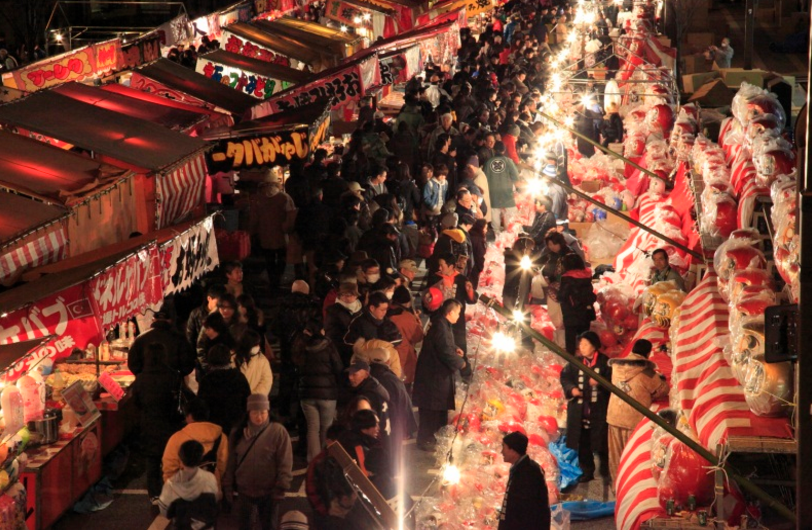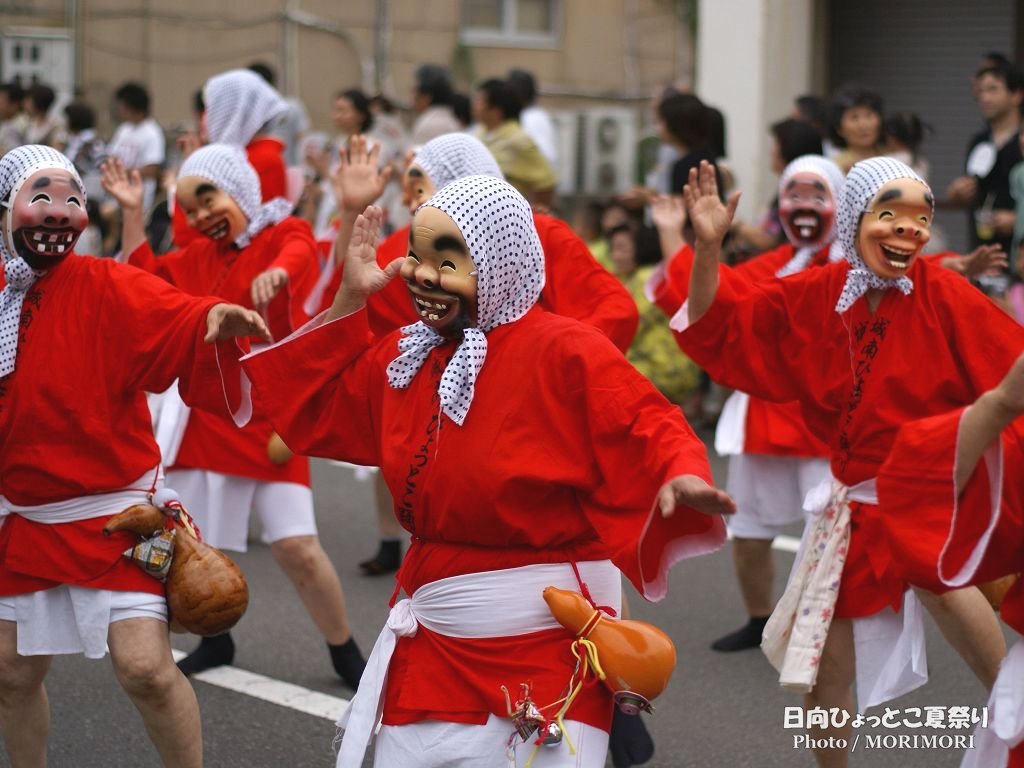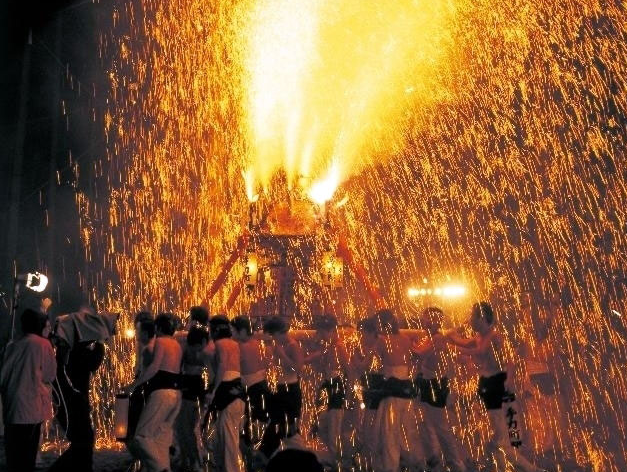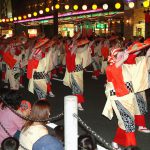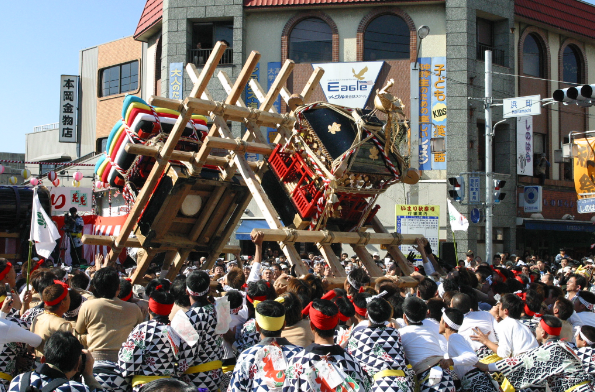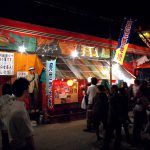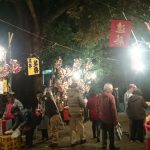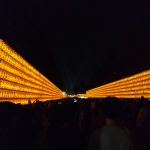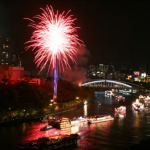Taito City: A Place with a Wide Range of Attractions
Taito City is located in the eastern part of the 23 special wards of Tokyo. It is home to some of Tokyo’s oldest urban areas, including the famous Sensoji Temple, which was established 1,400 years ago.
While the area boasts modern landmarks like Tokyo Skytree, it also retains the ambiance of the Taisho and early Showa periods around places like Asakusabashi and the wholesale district. This blend of the old and new gives the feeling of traveling back in time.
With numerous tourist attractions, Taito City offers a variety of leisure and shopping experiences, making it a place worth visiting again and again.
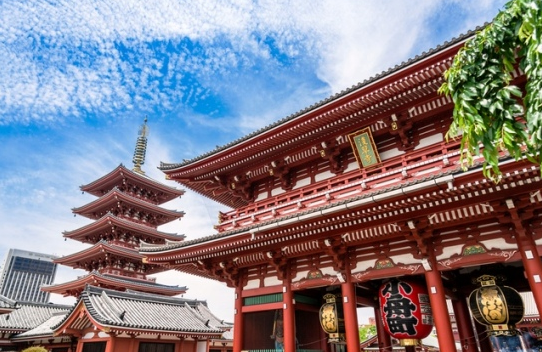
Source: “Kanto Shrine and Power Spots for Good Fortune”
Visit Sanja Matsuri!
Location: Asakusa Shrine and surrounding areas
Date: The third Friday to Sunday of May each year
Access:
- 7-minute walk from Asakusa Station on the Tokyo Metro Ginza Line
- 7-minute walk from Asakusa Station on the Tobu Skytree Line
- 9-minute walk from Asakusa Station on the Toei Asakusa Line
- 7-minute walk from Asakusa Station on the Tsukuba Express
Asakusa Shrine Official Website
The official name of Sanja Matsuri is the Asakusa Shrine Grand Festival, held on the third Friday, Saturday, and Sunday of May. It is affectionately known in the downtown area as “Sanja-sama.”
Sanja Matsuri, frequently featured in news reports, is a quintessential festival in Asakusa, characterized by men in happi coats parading through the town with mikoshi (portable shrines). While Asakusa, especially around Sensoji Temple, is usually bustling with tourists, the area becomes even more crowded during this time, attracting around 1.5 million visitors over the period.
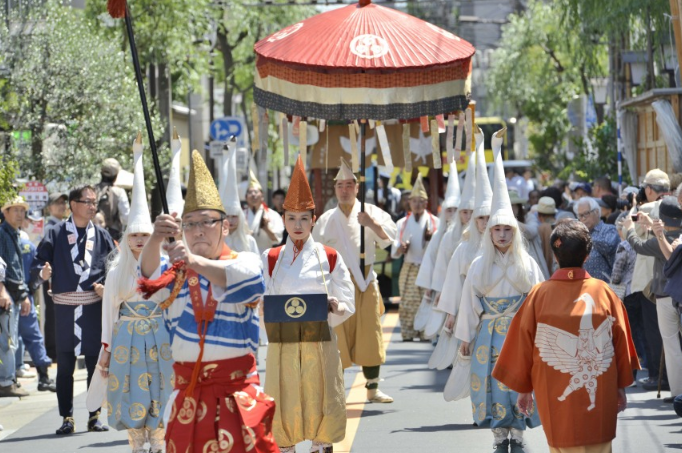
Source: “Useful Life Tips“
What Does “Sanja” Mean?
Sanja Matsuri has a long history, with the oldest records dating back to 1312. It is a festival with over 700 years of history, featuring mikoshi carried by spirited Edo-period men as its highlight.
The term “Sanja” means “Three Shrines.” The name comes from the legend of three fishermen who, while fishing in the Sumida River, pulled up a statue of Kannon (the Goddess of Mercy) and decided to enshrine it by building a temple. These three individuals were later revered as “Sanja-sama” and commemorated in this festival.
Mikoshi: The Highlight of the Festival
The first day’s highlight is a grand procession, which includes performances like the “Binasara Dance,” a prayer for bountiful harvests and the expulsion of evil spirits, and the “Shirasagi-no-Mai,” a dance dating back to the Heian period.
The main attraction, however, is the mikoshi. Over 100 mikoshi are paraded through the town with great enthusiasm and loud cheers. Just walking around Asakusa, you’re bound to encounter one of these portable shrines.
The final day’s climax is the “Miyairi” or “Grand Procession of the Main Mikoshi,” where three large mikoshi directly managed by Asakusa Shrine, named Ichinomiya, Ninomiya, and Sannomiya, are carried through the streets.
Unlike the mikoshi on the second day, these are much larger and are carried by robust and valiant bearers, making it a truly fitting finale.
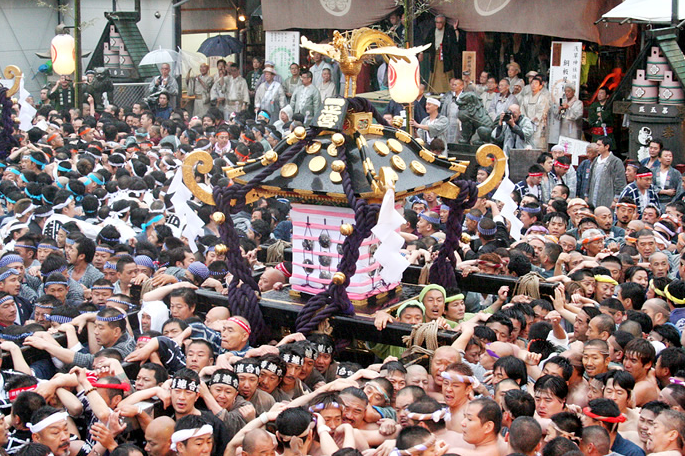
Source: GO TOKYO
You Should Visit at Least Once!
Asakusa, particularly around Sensoji Temple, is a well-known tourist spot where food stalls are always present. However, during Sanja Matsuri, additional temporary stalls set up, offering even regular visitors to Sensoji a fresh experience.
Various types of food stalls line up from Nakamise Street to Asakusa Shrine, some of which are unique to this festival. Exploring and discovering these unique stalls can be a lot of fun.
Though the crowds are immense, experiencing the early summer heat and the festive atmosphere makes it a perfect event to feel the beginning of summer. If you haven’t been there yet, it’s highly recommended to visit at least once.
Cover Image: “A Useful Story for Tomorrow”
(Editor: 千八乃)


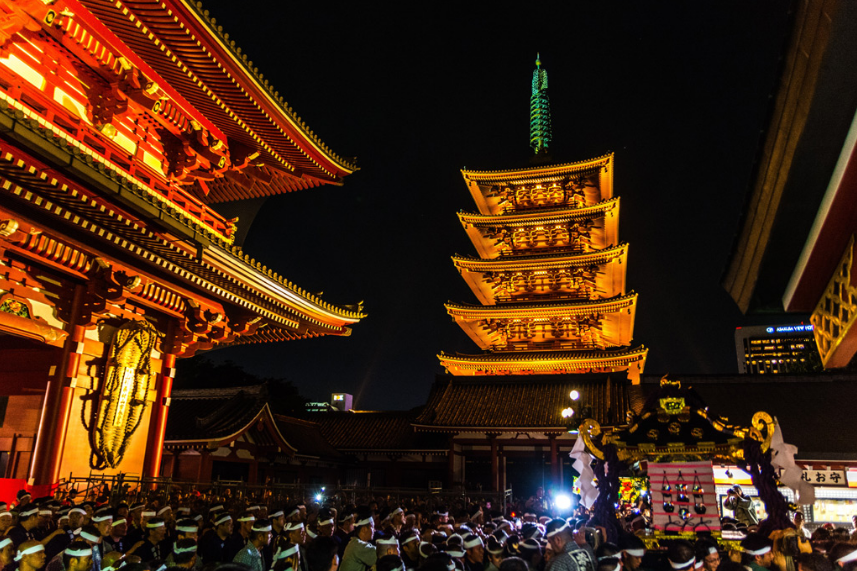
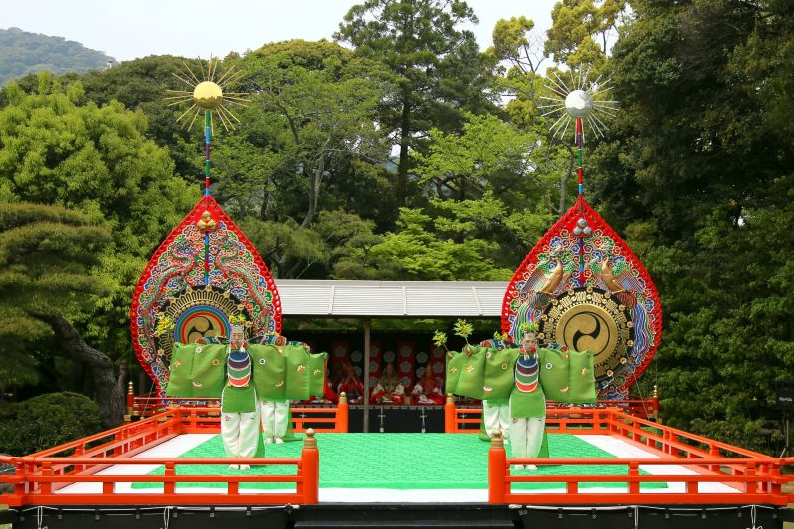
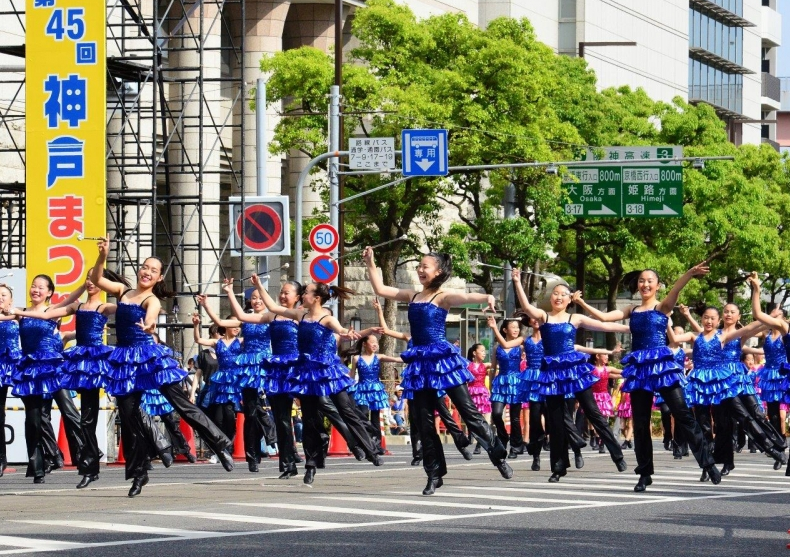

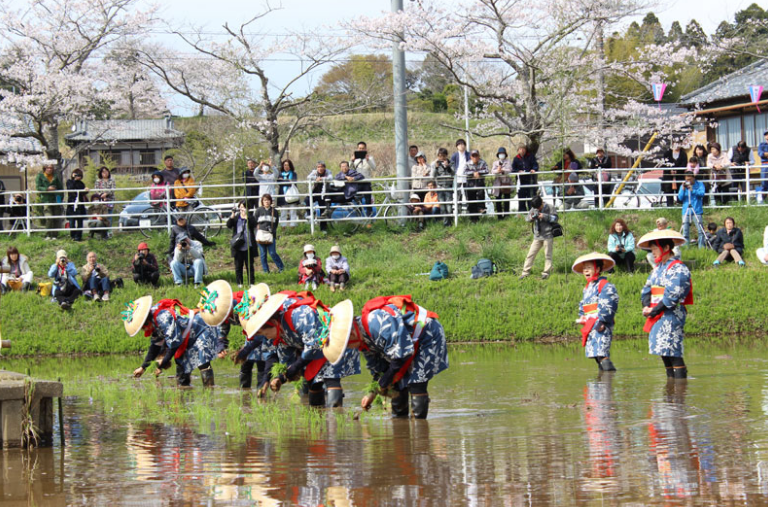
.png)
